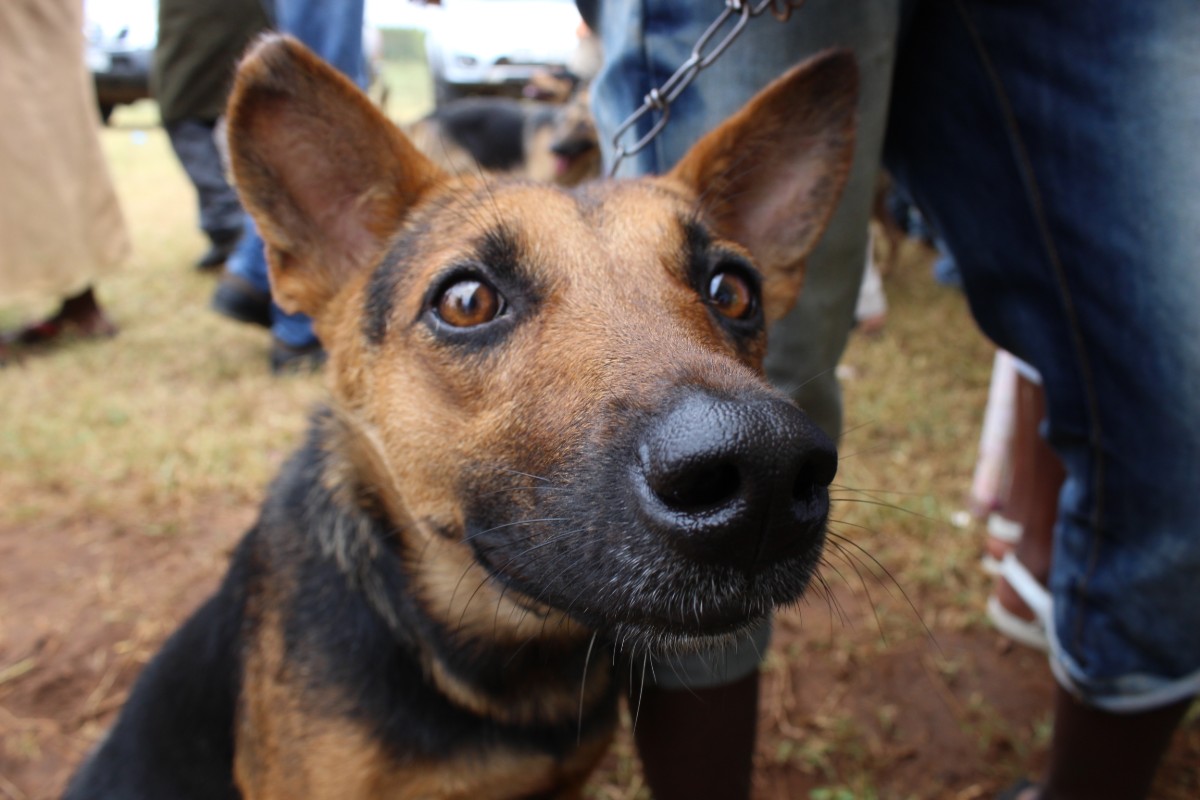Rabies still causes the death of tens of thousands of people every year. Knowing that dog bites are responsible for more than 95% of all human rabies cases, the eradication of canine rabies is the only way to end the disease’s animal-human transmission cycle.
Dr Monique Eloit, OIE’s new Director General.
Indeed, it is estimated that vaccinating 70% of dogs in zones where rabies is present can dramatically reduce human cases.
This strategy has proven to be successful in Mexico, for instance, where the number of rabid dogs has nearly dropped to zero after mass dog-vaccination campaigns, with a parallel decrease in human cases.
To enhance the implementation of such campaigns, the OIE regional vaccine bank mechanism recently enabled several deliveries of canine rabies vaccines to Tunisia, the Philippines and Indonesia:
Dr. Rachid Bouguedour on the national rabies vaccination campaign (Tunisia, 2016).


